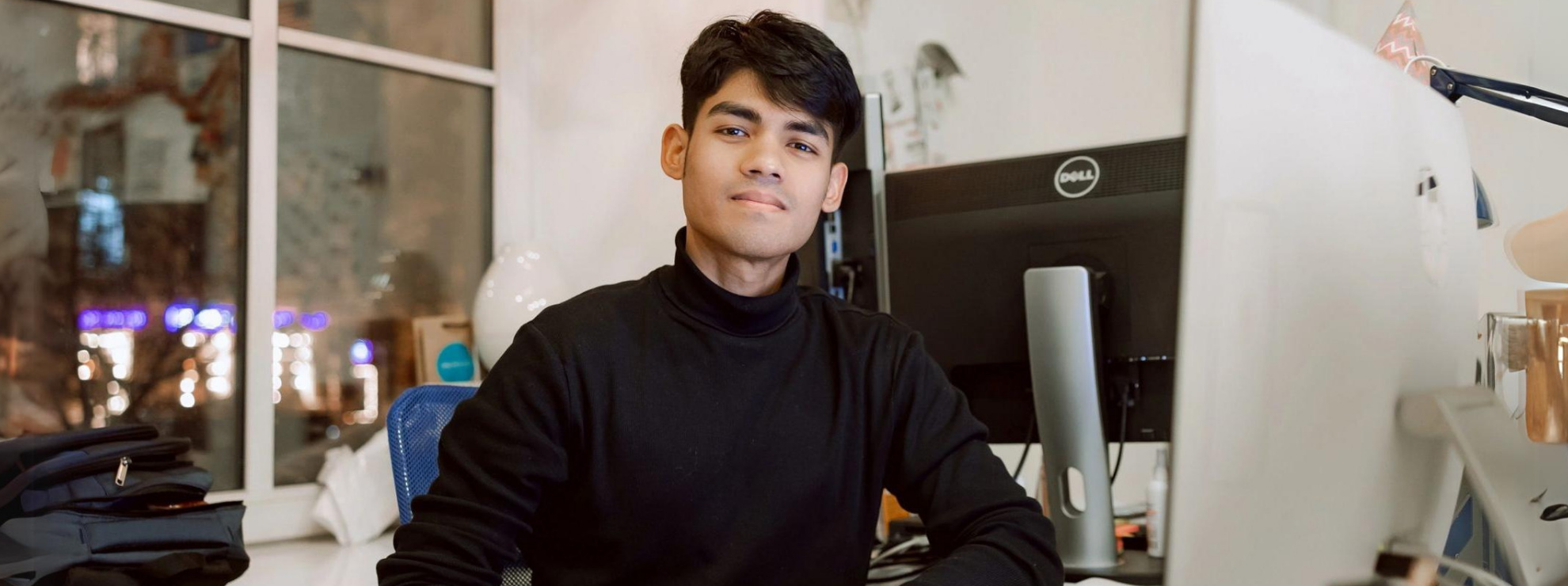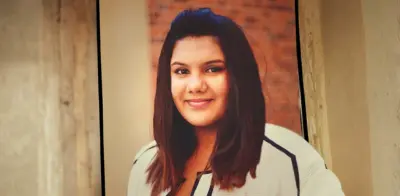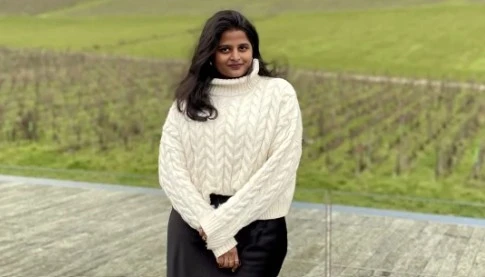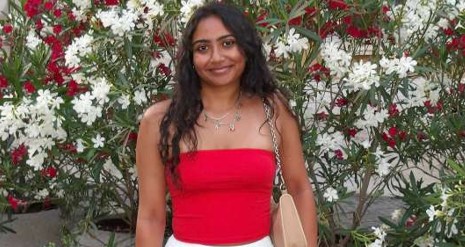Name: Subhrajit Barua
University: ITMO University
Place: St Petersburgh, Russia
Education: PhD student in Biotechnology and Next-Gen FoodTech
Key highlights
- A welcoming approach to foreign students, especially through generous financial aid, makes Russia a popular choice for Asian students who cannot go to the UK or US.
- Education is tech-driven and interactive. Teaching methods include videos and VR, while exams could be a presentation rather than a written test.
- Completing extra credits will can make students eligible to work around the world.
- Learning to be proactive can open doors to multiple opportunities.
(January 16, 2024) High-end on campus infrastructure, an education system that prioritises soft skills and real-world experience, as well as an abundance of scholarships for international students and opportunities for networking and professional exposure – drew Subhrajit Barua’s attention to Russia. Subhrajit went to study in ITMO University Russia for his Master’s and had already planned on a PhD as well. By completing extra credits, Subhrajit’s academic qualifications make him eligible to work around the world, including in the US.
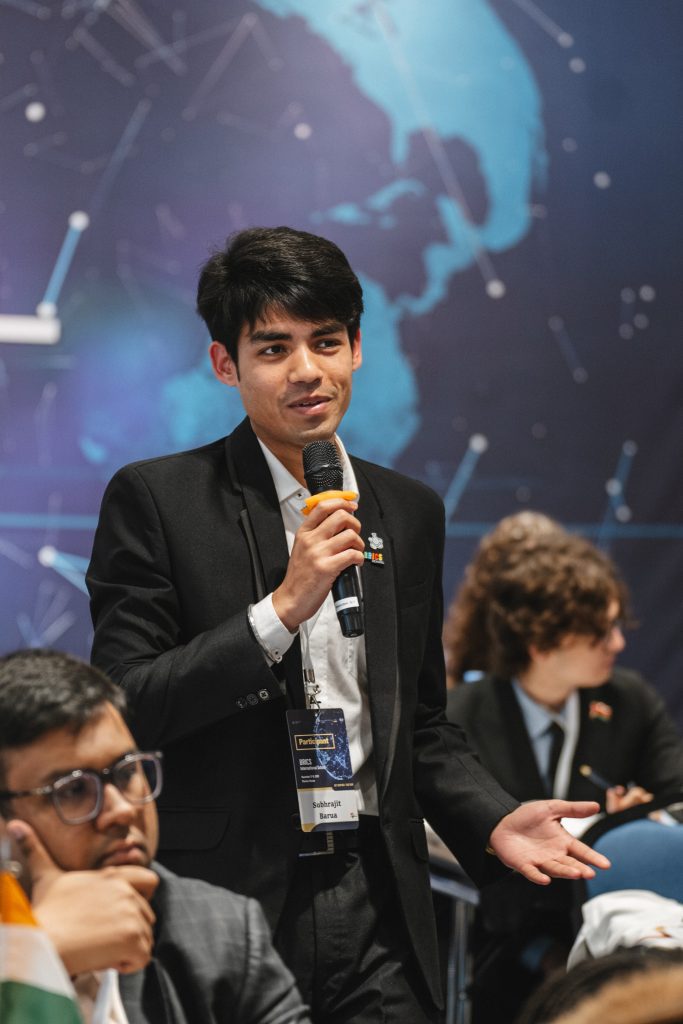
Subhrajit Barua is currently a PhD scholar at ITMO University in St Petersburgh, Russia
Open Doors
His point of entry was Open Doors, one of Russia’s leading scholarship programme. “As a Master’s student, you have to fill your portfolio, mission statement, resume, achievements and explain why you want to study in Russia,” he explains. The first round is an Olympiad, where winners could get full financial aid and early admission at any Russian University without entrance examinations.
Subhrajit received a full scholarship for his master’s and was eligible to stay on for a PhD. He also made it into the first university of his choice – ITMO University. “It has very interesting biotechnology programmes and world class labs,” he tells Global Indian, about why it was his first preference. However, as this was 2020, Subhrajit ended up doing the first year of his course online before flying to Russia for the second year of his master’s programme.
From Kolkata to St Petersburg
Leaving home was tough, also because he was going to a place that was so culturally different from his own. Since he had an extra year to spend in Kolkata, he used the time to brush up on his Russian and what else he could expect. However, a university-assigned ‘buddy’ was waiting for him at the airport in St Petersburgh – a local student who knew the language and the city.
“There is a lot of paperwork for international students on arrival,” Subhrajit says. They require visa extensions and a residence permit for which they have to register their address. Subhrajit’s buddy helped him complete the mandatory on-arrival documentation and also showed him how to commute, buy basic groceries and the other things he needed to survive on a daily basis.
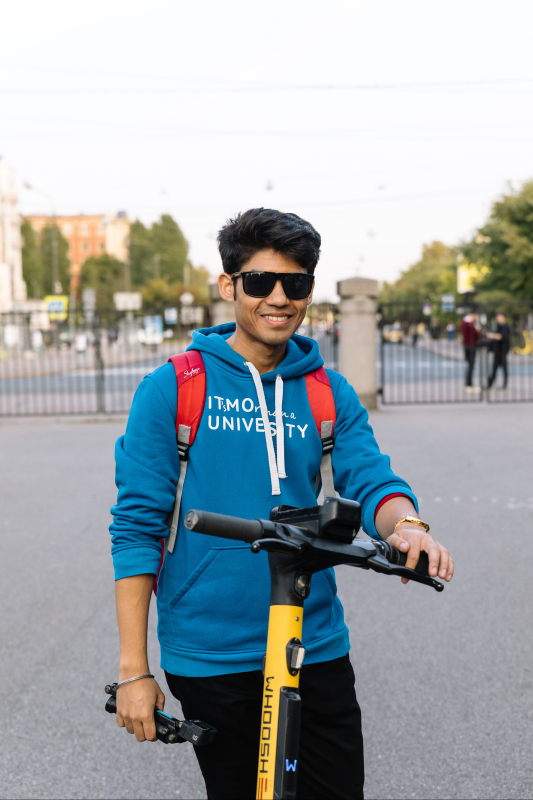
Acclimatisation
Getting used to the cold is the immediate priority. Subhrajit arrived in September, when the weather is pleasant, but winter was just around the corner. When we spoke in late November, temperatures had dropped to -10 degrees Celsius and will go even lower, Subhrajit says, to nearly -30 degrees Celsius. He recommends buying winter wear directly in Russia.
Subhrajit had accommodation in a dorm at ITMO University, where he was the only foreign student. Understanding the nuances of a new culture was the first thing on the agenda. “People have different schedules and behaviours and there will be communication gaps in the early days,” Subhrajit agrees. “Your personal space is hindered when you’re talking to your family or studying. There are also shared responsibilities.” Subhrajit’s roommates were hospitable and allowed him into their world – “They showed me their culture, their food and their lives.” He visited their homes for Christmas and Easter, cooking them Indian meals in turn. They also practiced Russian and English with each other.
Indians also need to get used to the dietary habits. “Russians eat smaller meal portions than we do in India,” he says, despite the cold weather. “They snack a lot and eat things like nuts between meals. Also, the food was very bland to me then.” Living in a dorm meant he had to rely on the canteens. However, St Petersburg did have a number of Arabic restaurants, as well as cuisine from Uzbekistan and Kazakhstan, “which can feel familiar to Indians.” But if you’re cooking for yourself, there are Indian and Asian shops where authentic ingredients are easily available.
The curriculum
Depending on the programme, classes are taught either in Russian or in English. Most bachelor’s programmes are in Russian, and universities offer a year-long prep course first. Master’s programmes are usually in English. The PhD programme doesn’t really have classes and some interactions can be in Russian.
“The modular system is definitely an advantage,” Subhrajit says. While most education systems around the world require students to study an assortment of subjects together, the Russian system only requires one at a time. “We study one subject for about six weeks, write an exam and then it’s over,” he explains. His Biotechnology master’s course included a diverse array of subjects, including IT courses like SQL and big data, which are “necessary areas of expertise.” There were also classes on philosophy and sociology that covered the social aspects of the subject. “The PhD programme at ITMO University includes courses on education, pedagogy, neuroscience, behavioural sciences and psychology,” he says.
PhD scholars are encouraged to teach, and learn how to deal with a diverse group of people. Subhrajit found he enjoyed this a great deal and continues to take classes online, as he is associated with the Space General Advisory Council (a Youth body under the UN), where he is co-lead of the mentoring committee.
The educational experience
Coming from India, where social hierarchies and dynamics are clearly outlined, Subhrajit was surprised to see how blurry the lines were between students and faculty. Students referred to professors by their first names and it wasn’t uncommon for them to get together for a coffee or a meal. “There is a practice where teachers take students out for a meal once in a week. That’s how we gel with our faculty,” he says. “As an Indian I used to maintain a certain distance from my teachers but now, I have learned to connect with them and we get along very well.”
The Russian education system is tech-driven and at ITMO University, teaching is often done through videos, VR tools and activities. The university provides STEM and research students full access to top databases like Scopus, Web of Science and Pubmed. There can be upto six hours of class per week but it’s all well-spaced out and there are student mentors assigned to help out.
“The exam system is also very different. It could be MCQ or solving a task,” he says. “In many cases, the exam is a presentation. We are given a topic at the beginning and we work on it through the length of the course. At the end we make a presentation and have a QnA later. There are different ways of evaluation and communication is emphasised.” The idea is to prepare students for their careers and equip them for conferences, networking and public speaking.
Networking opportunities
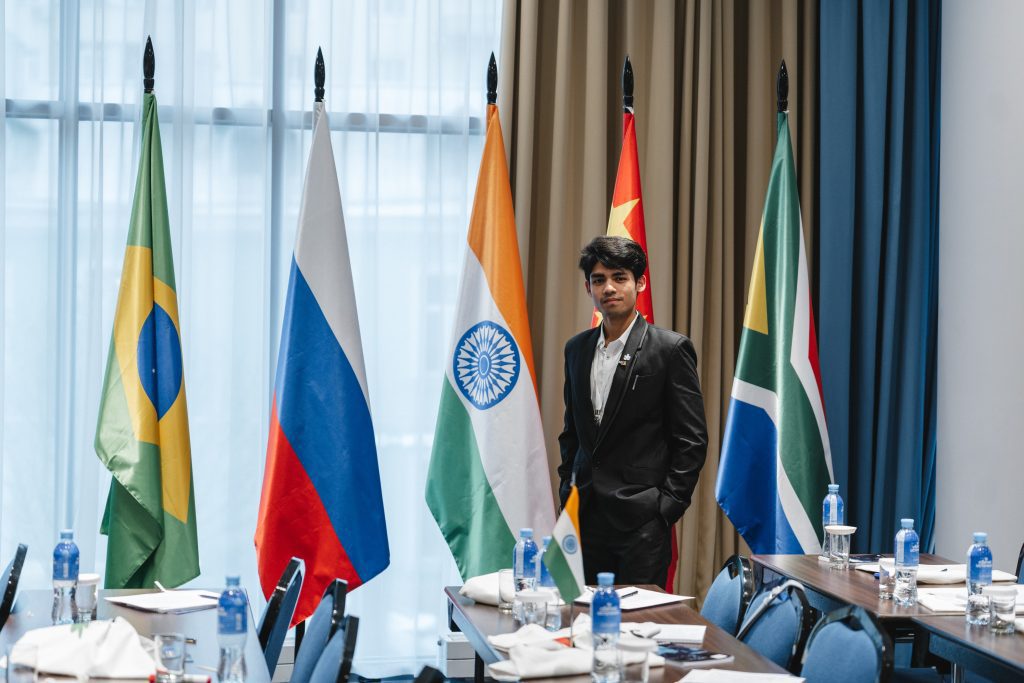
Recently, Subhrajit was in Moscow attending the Seventh International BRICS Summit, meeting scientists and diplomats and visiting the Foreign Ministry. He is also on the organising committee for another conference with the faculty, getting experience on how to organise a conference, make arrangements and get people to sign up. “There will be visiting scientists from India an dBangladesh and since I speak Hindi and Bengali, I have been assigned as their buddy.” It will be his job to familiarise them with the place and make sure they’re comfortable. In return, he has the chance to build a professional network and talk to distinguished scientists on a more or less equal footing.
His advice to students is to be proactive. “If you don’t say ‘I am here, I am available’, they won’t just come to you. But once you let them know, the opportunities will come.” It’s a lesson he learned the hard way, he said and went from being shy and introverted to putting himself out there. “It works at times and doesn’t work at others but you have to do it,” Subhrajit says.
Managing finances
Most foreign students need to do part time work. The political system in Russia has resulted in one unfortunate drawback – the ban on the Swift system. Money can no longer be transferred to Russia from India and a part-time job is crucial. However, this does not require any special permit or visa. “Do your research before you come to Russia,” Subhrajit emphasises. “Find out what work you can do, what skills are needed and how many hours you need to invest.” Subhrajit works for the university’s international office, where he interviews international students for the news portal. “I have spoken to over 100 students so far,” he says.
He also receives a stipend as a PhD scholar, his scholarship covered the full tuition fee for his master’s course and he gets paid for his lab work. “I am doing fine for now,” he says, “But you require multiple income sources if you want to live in some comfort.” Students coming for the first time could struggle, so prepare in advance, Subhrajit advises.
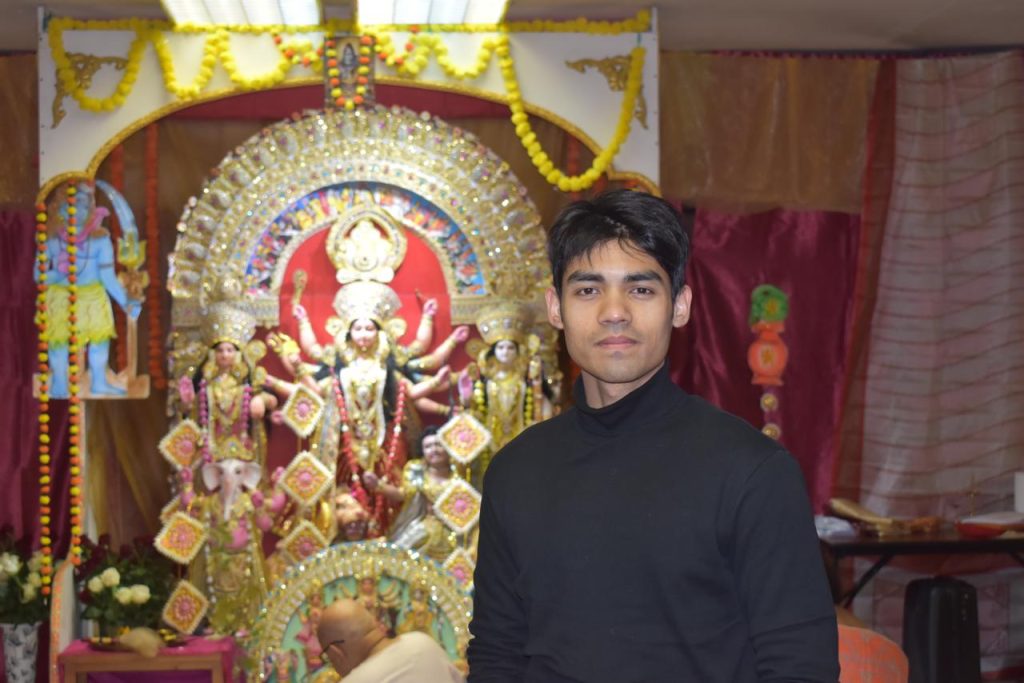
At a temple in Moscow
Future plans
With nearly three years left to go, Subhrajit is making early plans. “I speak to the faculty dean about the scenario and to try and predict the different spaces in which there will be opportunities when I graduate,” he says. Building connections is also a vital part of this. If he finds the right job, he’s happy to stay on in Russia. If not, his degree has a certification that will allow him to work anywhere in the world.
- Follow Subhrajit Barua on LinkedIn
What’s your Global Indian Campus story? Write to us at editor@globalindian.com
Also Read: How AP exams helped Hitarth Sharma skip a semester at San Jose State University
